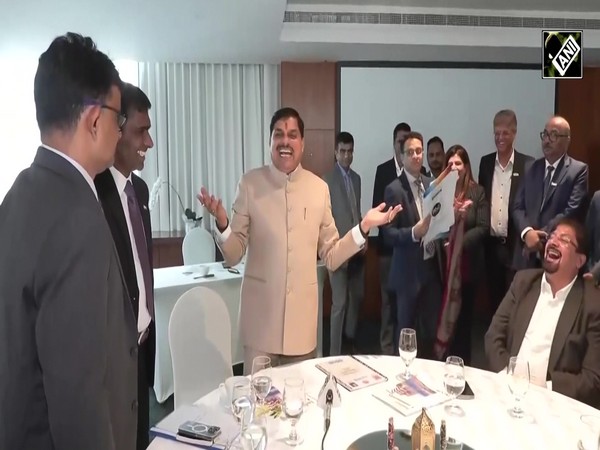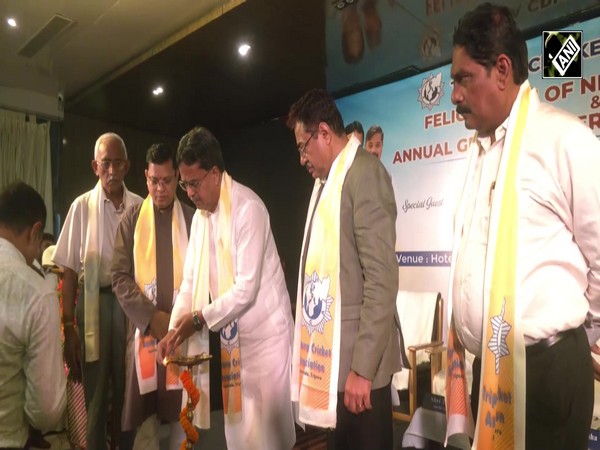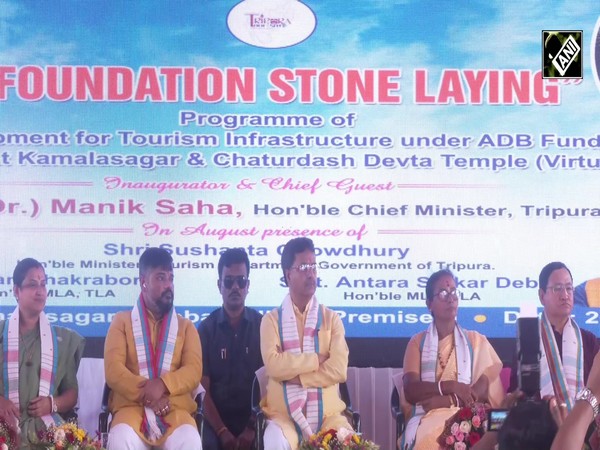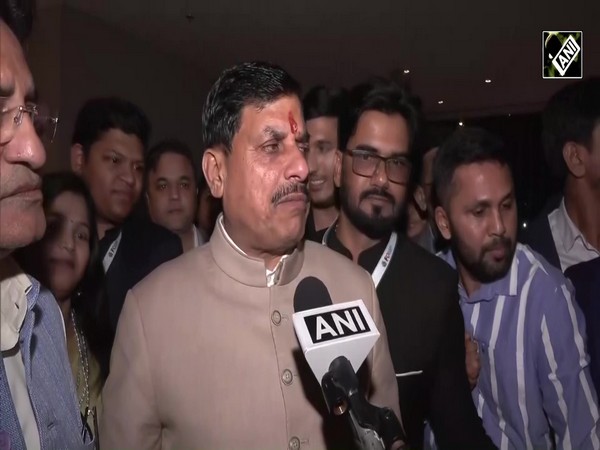SC rules against imposition of additional restrictions on freedom of speech of MPs, MLAs
Jan 03, 2023

New Delhi [India], January 3 : The Supreme Court on Tuesday ruled that no additional restrictions can be imposed on the freedom of speech of public functionaries, ministers, MPs and MLAs under Article 19(2) of the Constitution.
A five-judge Constitution bench of Justices S Abdul Nazeer, BR Gavai, AS Bopanna, V Ramasubramanian and BV Nagarathna, said that no additional restrictions, other than those prescribed under Article 19(2) of the Constitution, can be imposed on a citizen under the right to freedom of speech and expression.
It said that statement made by the minister cannot be vicariously attributed to the government and the minister is liable for the statement himself.
Justice Nagarathna wrote a separate judgement and gave dissent views on some of the issues saying, "For a country like us, freedom of speech and expression is a much-needed right so that citizens are well informed and educated on governance."
"Public functionaries and celebrities having regard to their reach and impact they have on public have to be more responsible and be more restraint on speech since it impacts the citizens at large," she said in a separate judgement.
Justice Nagarathna further said that hate speech in a sense strikes at the foundational values by making the society unequal and also attacks citizens from diverse backgrounds, especially in a country like ours that is Bharat.
"It shall be the duty of every Indian to uphold the dignity of every individual irrespective of religion, caste etc. and also uphold the dignity of women," she added.
She said that it is for parliament in its wisdom to enact a law to restrain public functionaries from making disparaging remarks against fellow citizens bearing in mind 19(1)(a) and 19(2).
Justice Nagarathna also said that it is for the political party to control the speeches made by their ministers which can be done by forming a code of conduct.
Any citizen who feels attacked by such speeches or hate speech by public functionaries can approach the court for civil remedies, said Justice Nagarathna.
The verdict of the apex court came on pleas relating to the limits of the right to freedom of speech and expression for high public functionaries such as a Minister of a State, MPs and MLAs.
The top court was to decide whether any greater restriction can be imposed on public functionaries' right to freedom of speech and expression, than those mentioned under Article 19(2) of the Constitution.
The case involves whether a minister can claim under the right to 'freedom of speech and expression' to speak contrary to the Central government's statute and policy.
The case was filed after the then Uttar Pradesh Minister and senior Samajwadi Party leader Azam Khan allegedly made some statements terming the Bulandshahr gang-rape case as a 'political conspiracy and nothing else' to defame the former Samajwadi Party governmnet.
In April 2017 when the matter was referred to a five-judge Constitution bench, amicus Curiae had told the apex court that the ministers are bound by the Constitutional mandate of collective responsibility and can't speak contrary to government policy.
In December 2016, the apex court accepted the unconditional apology tendered by Khan for his remarks in connection with the Bulandshahr gang rape case.
The survivors had filed a petition before the apex court seeking action against Khan.
The top court had asked if a functionary could make personal comments contrary to government policy on sensitive issues, causing distress.
The incident took place earlier on the intervening night of July 20 and July 30 when a 35-year-old woman and her minor daughter were allegedly gang-raped by a group of robbers in Bulandshahr district when they were on their way from Noida to Shahjahanpur with the other family members when their vehicle was stopped near a cycle repairing shop in Dostpur village on NH-9, which connects Noida and Bulandshahr.

















